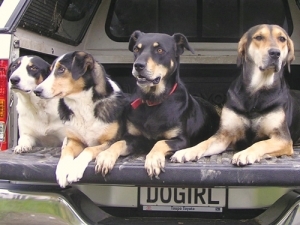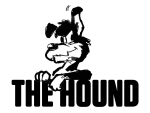A recent dog poisoning following an aerial pest control operation in the Taupo region highlights the importance of complying with warning signs and taking steps to protect pets, says OSPRI.
OSPRI North Island programme manager Alan Innes says, unfortunately dogs are extremely susceptible to 1080 poisoning from eating baits or scavenging poisoned possums.
"However, dog owners have an obligation to follow warning signs and keep their animals safe and under control at all times," he says.
OSPRI's TBfree programme aims to eradicate bovine TB. Possums are the main carrier of bovine TB and may spread the disease to livestock in surrounding farmland if they are not effectively controlled.
Strict health and safety guidelines are followed for all pest control operations along with meeting extensive public consultation and notification processes. These include letters to residents in the operational area, newspaper notifications and warning signs.
Innes says for the operation in question, residents on the boundaries of the area were sent a letter about the operation in October/November last year.
"Signs were then put up by the pest control contractor before the operation began on 13/1/2016. It is important that the public adhere to the instructions on these warning signs which will remain in place until carcass monitoring shows that bait and carcass breakdown has been achieved which may take up to six months.'


















